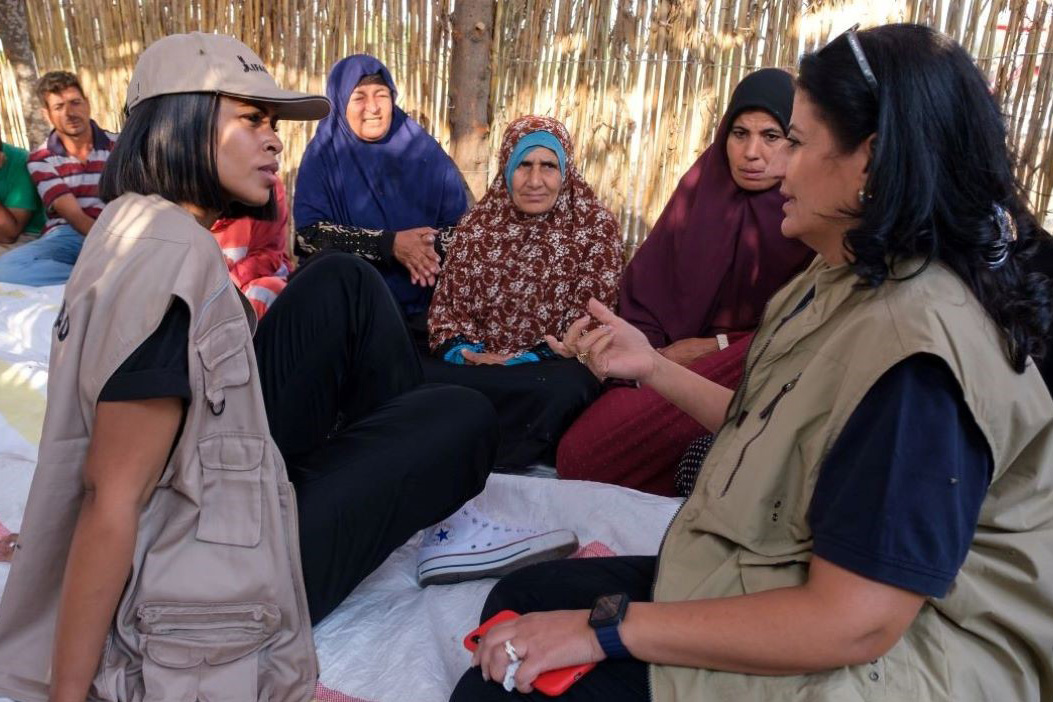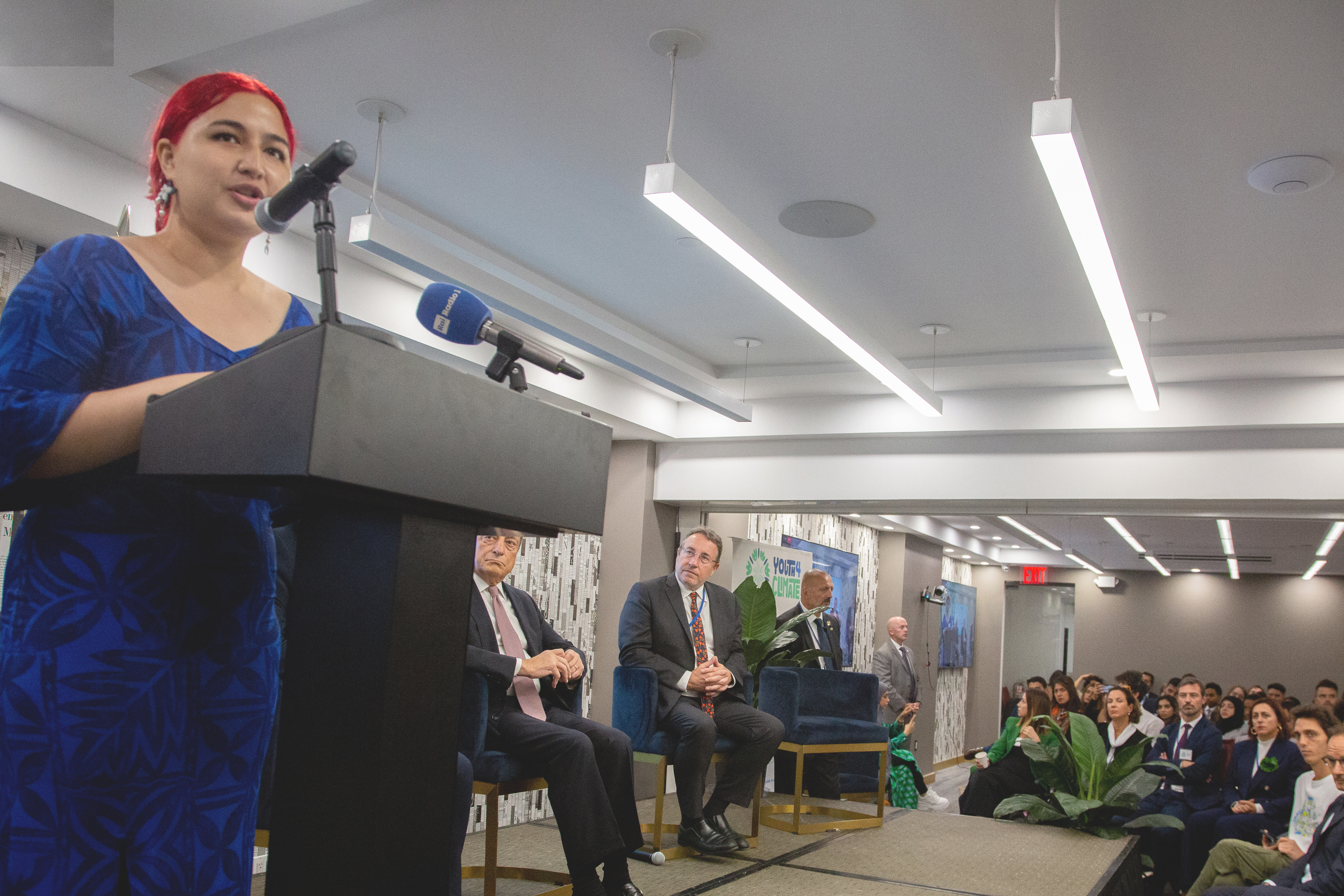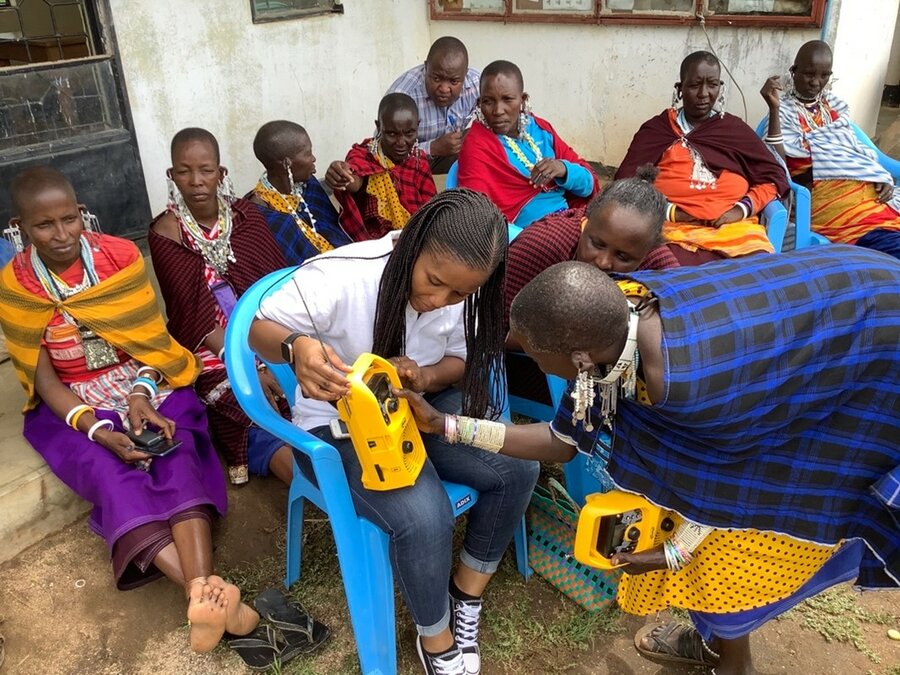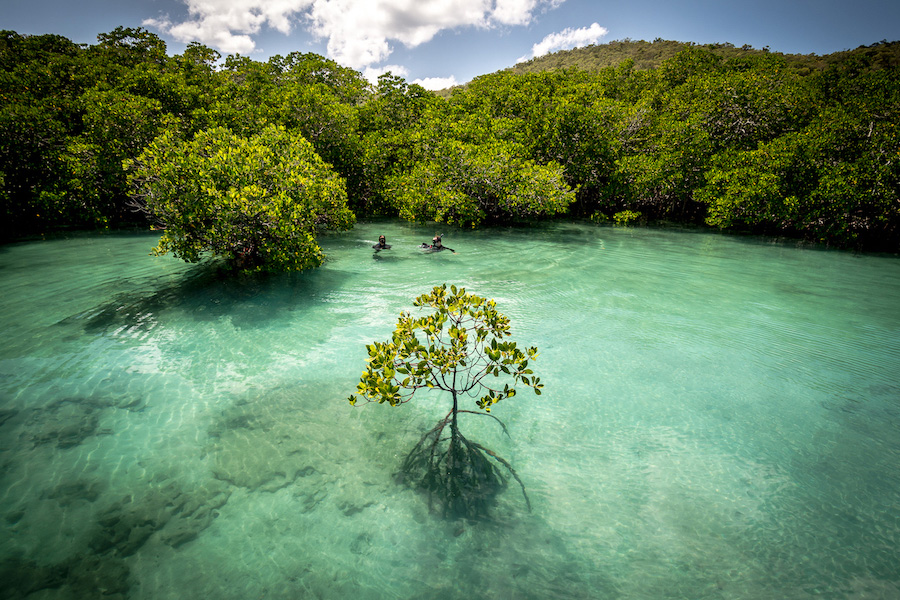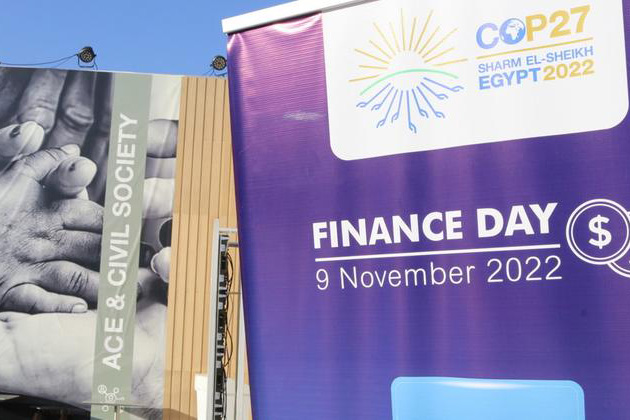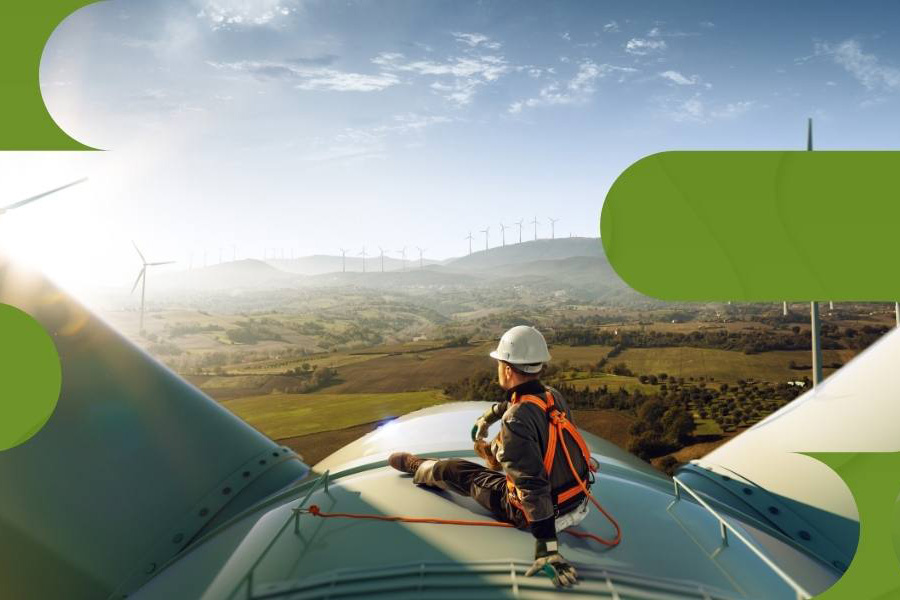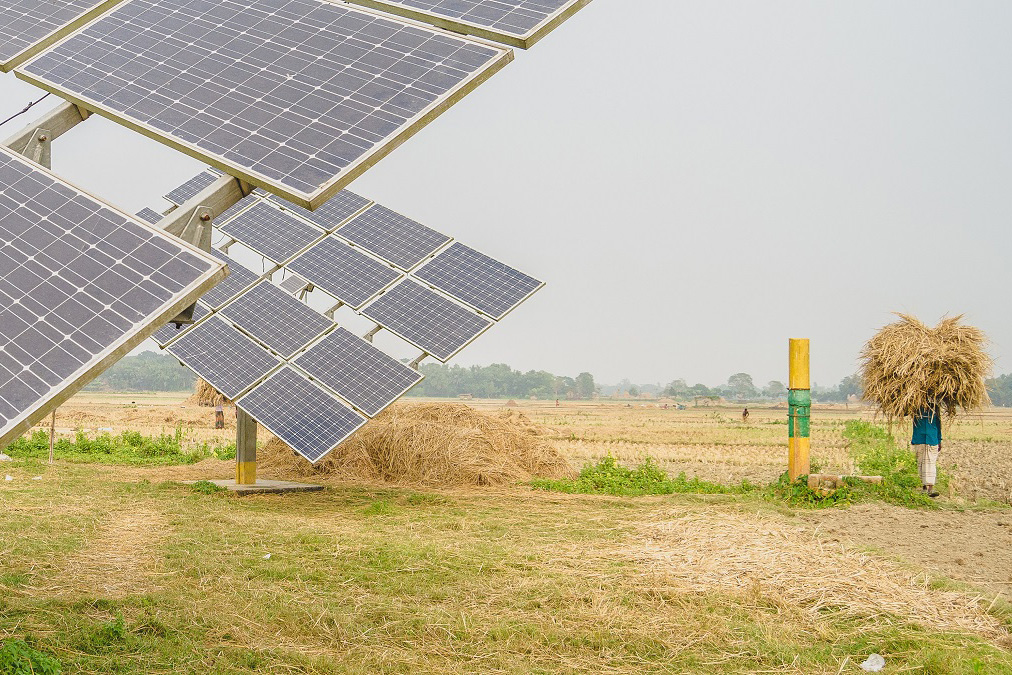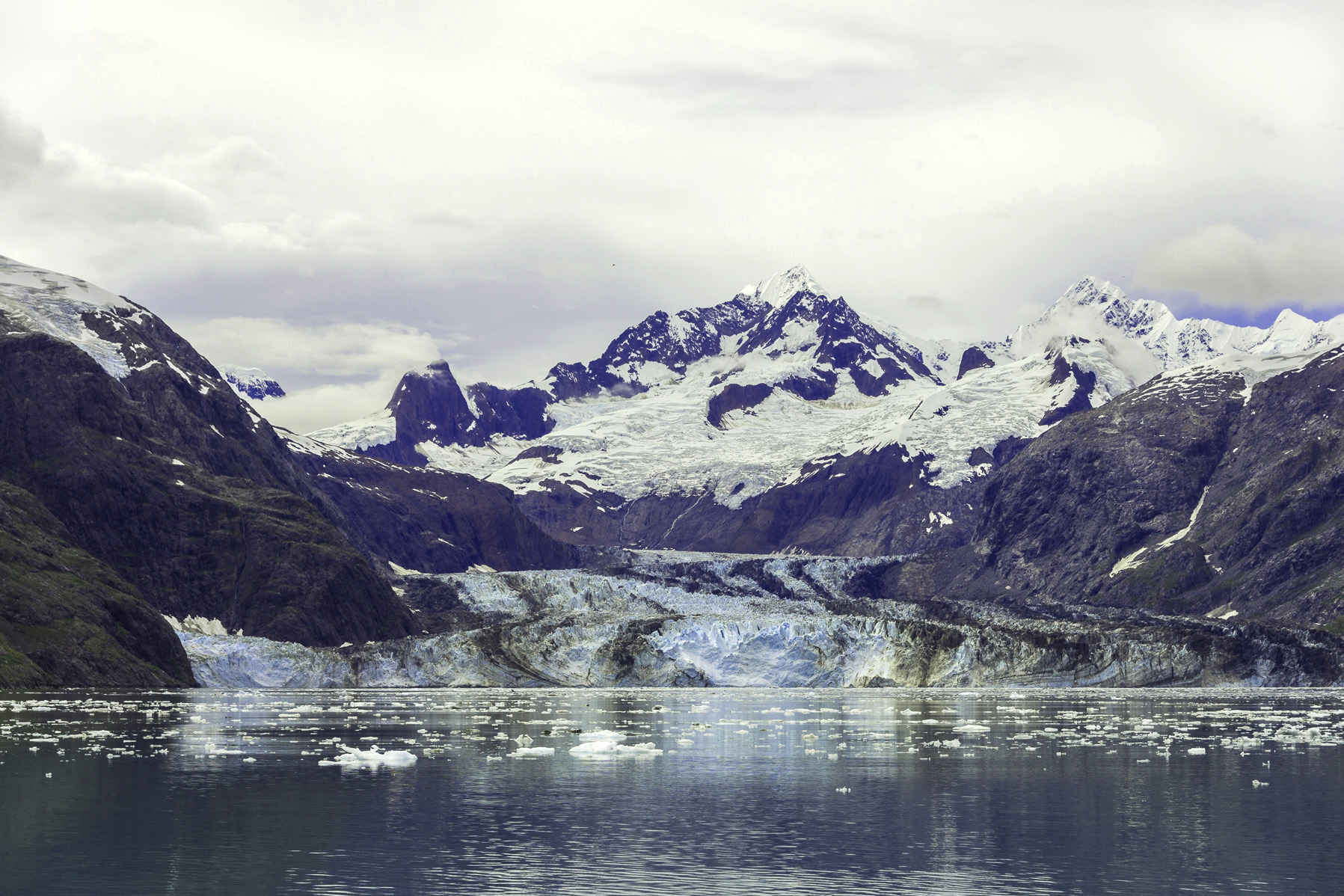The land alongside the Nile has always been fertile, but sea levels rise as the earth’s temperatures rise, making this low-lying area one of the world’s three most vulnerable spots to climate change. It’s not just local people who are suffering the consequences. The Nile Delta is the breadbasket of Egypt, accounting for almost two thirds of the country's agricultural land and contributing to a fifth of the national GDP. Thanks to IFAD’s SAIL project, infrastructure, training and services are combined to not only protect the land, but also to improve the quality of previously infertile land.
Climate Change
Carbon footprint - measure your impact
From driving a car to disposing of waste, many of our daily activities cause greenhouse gas emissions. In living a more sustainable lifestyle and tackling the climate crisis, knowing how our behaviors and actions impact the environment is a crucial first step. Act Now! Download the mobile app and measure your carbon footprint!
Watching your home or your favorite football field wash out to sea is the reality facing the residents of Monkey River, Belize. Coastal erosion is caused by the rising sea levels and is quickly destroying the homes and wildlife of this village. If no action is taken soon this village could be wiped off the map. Watch the video to find out how UNDP is empowering Monkey River residents to take action to stop this from happening.
Biodiversity is the living fabric of our planet. It underpins human wellbeing, and its rapid decline threatens nature and people alike. It is vital to transform people’s roles, actions and relationships with biodiversity, to halt and reverse its decline. Safeguarding biodiversity must become one of the major priorities of our time. Find out more about UNESCO’s commitment to biodiversity.
This year the United Nations General Assembly agreed that all people have the right to a clean, healthy and sustainable environment. The new universal human right has been confirmed, giving activists across the world new tools in their fight against the devastating effects of climate change and biodiversity loss. It comes at the same time as the UN Biodiversity Conference (COP15) and at the start of a year-long campaign to mark the 75th anniversary of the Universal Declaration of Human Rights, a milestone in human history.
Nature is our lifeline. Our health, food, economies, and well-being depend on nature. Yet nature is in crisis. One million of the world’s estimated 8 million species of plants and animals are threatened with extinction. Ecosystem degradation is affecting the well-being of 40% of the global population. The UN Biodiversity Conference (COP15) will be held in Montreal, Canada from 7-19 December 2022. COP15 aims to achieve a historic agreement to halt and reverse nature loss by 2030. Follow UNEP's live coverage of COP15 here.
Ellie Goulding joins UNEP and The Ocean Agency for a mission to witness the heat resilient coral reefs of the Red Sea in Sharm El Sheikh, Egypt. Ellie learns why these reefs are able to take the heat as our planet's temperature rises and the existential threats to reefs around the world if we don't meet the Paris Agreement to keep our temperature to 1.5 degrees celsius since pre-industrial times.
While Africa contributes just 4 percent of the world’s greenhouse gas emissions, the continent is being hammered by the fallout from climate change. Already it is seeing extreme weather events, mass migration and rising poverty and hunger. Tanzanian environmental and climate expert Jacqueline Tesha is working to help rural women in her homeland access vital weather and climate information. She is participating in a WFP programme working to develop climate tools to better anticipate and mitigate disasters. “We must halt the crisis and help people adapt,” Tesha says. Finding the right channels to communicate key climate information will be essential to that goal. Find out more about the programme.
UNEP research shows that land-based and marine ecosystems play a vital role in regulating the climate. They currently absorb half of the human-made carbon emissions acting as natural carbon sinks.
The world leaders who congregated in Sharm El Sheik for the first two days of COP27 have left and, whilst the climate negotiators get to work, the thematic days of the conference have begun. Wednesday was finance day, with a host of side events around the pavilions discussing the often thorny issues surrounding climate finance. It was also the day that former US Vice-President Al Gore launched a project to provide accurate, granular emissions date, and revealed that, in many cases, emissions are much higher than previously reported. Conor Lennon and Laura cover all this and more, on today’s COP27 podcast.
Net-zero rhetoric does not match reality. New IMF analysis of current global climate targets shows they would only deliver an 11 percent cut of emissions, rather than the 25-50 per cent needed.
UNICEF asked young climate advocates how climate change has impacted their lives. Watch the video to find out what they answered, and their message for world leaders at COP27. Faced with a growing energy crisis, record greenhouse gas concentrations, and increasing extreme weather events, COP27 seeks renewed solidarity between countries to deliver on the landmark Paris Agreement for people and the planet.
San Andrés, Colombia, is the biggest island in the Seaflower Biosphere Reserve, containing parts of one of the richest coral reefs in the world. The island is a world-class scuba diving destination visited by over a million people each year. As a result, San Andrés’ unique ecosystems have been deeply impacted. A women-led community organization is working to restore some of the most important marine ecosystems in the world. Watch the video to find out more.
50 UNESCO World Heritage sites are home to glaciers, representing almost 10% of the Earth’s total glacierized area. They include the highest (next to Mt. Everest), the longest (in Alaska), and the last remaining glaciers in Africa. New UNESCO data highlight the accelerated melting of glaciers in World Heritage sites, with glaciers in a third of sites set to disappear by 2050. But it is still possible to save the other two thirds, if the rise in global temperatures does not exceed 1.5°C compared to the pre-industrial period. This is a major challenge for COP27.

